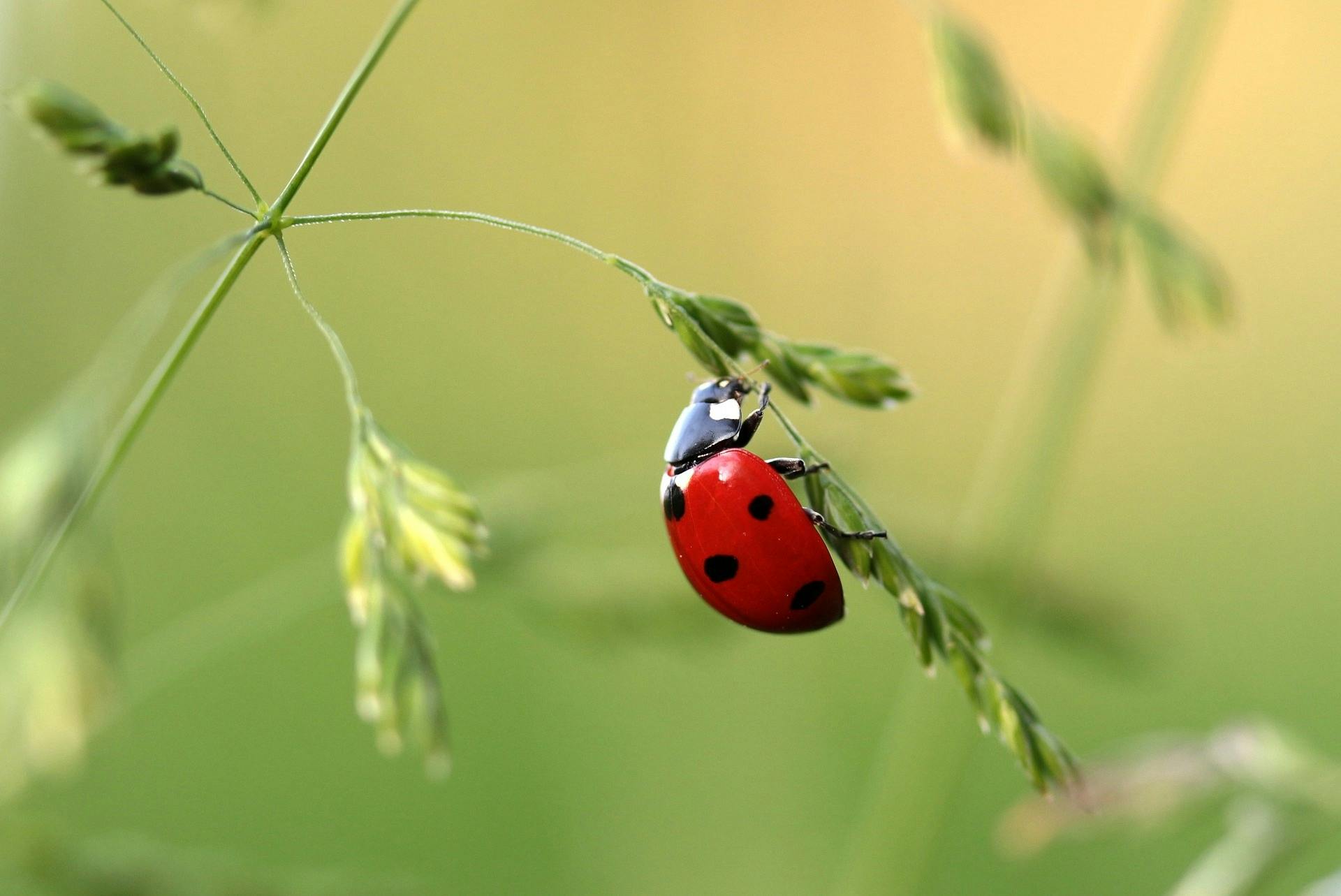Eco-Friendly Pest Control: Balancing Effectiveness and Environmental Responsibility
Pest control is an essential aspect of maintaining a healthy and comfortable living environment. However, traditional pest control methods often rely on harsh chemicals that can harm the environment and pose risks to human health. This has led to a growing interest in eco-friendly pest control solutions that effectively manage pest problems while minimizing ecological impact. In this article, we'll explore the world of environmentally responsible pest management, discussing its benefits, methods, and considerations for homeowners and businesses alike.

Why choose eco-friendly pest control methods?
Opting for eco-friendly pest control offers numerous benefits beyond simply addressing pest problems. These methods are designed to be less toxic and more sustainable, reducing the risk of environmental contamination and potential health hazards associated with traditional chemical pesticides. Eco-friendly approaches often focus on preventive measures and long-term solutions, which can lead to more effective pest management over time. Additionally, many environmentally responsible pest control techniques are safe for use around children, pets, and sensitive individuals, making them an attractive option for families and businesses concerned about the potential risks of conventional pest treatments.
What are some common eco-friendly pest control techniques?
Eco-friendly pest control encompasses a wide range of techniques and strategies, each tailored to address specific pest problems while minimizing environmental impact. Some popular methods include:
-
Biological control: This involves introducing natural predators or parasites to manage pest populations. For example, ladybugs can be used to control aphids in gardens.
-
Physical barriers: Installing screens, sealing entry points, and using traps can prevent pests from entering or establishing themselves in buildings.
-
Natural repellents: Essential oils, such as peppermint or citronella, can repel certain pests without the use of harmful chemicals.
-
Habitat modification: Removing sources of food, water, and shelter can make an area less attractive to pests.
-
Plant-based pesticides: Derived from natural sources, these substances are often less toxic and more biodegradable than synthetic alternatives.
-
Integrated Pest Management (IPM): This comprehensive approach combines multiple eco-friendly techniques to create a holistic pest control strategy.
How do eco-friendly pest control contractors differ from traditional ones?
Eco-friendly pest control contractors specialize in environmentally responsible pest management techniques and often possess additional certifications or training in green pest control practices. These professionals prioritize the use of low-impact methods and products, focusing on long-term solutions rather than quick fixes. They typically conduct thorough inspections to identify the root causes of pest problems and develop customized, sustainable treatment plans. Eco-friendly contractors may also offer education and guidance on preventive measures to help clients maintain a pest-free environment without relying heavily on chemical interventions.
What licensing and certifications should eco-friendly pest control contractors have?
While specific requirements may vary by location, eco-friendly pest control contractors should possess the necessary licenses and certifications required for all pest control professionals in their area. Additionally, they may hold specialized certifications related to green pest management practices. Some relevant certifications and qualifications to look for include:
-
State-issued pest control operator license
-
GreenPro Certification from the National Pest Management Association
-
EcoWise Certified Professional status
-
Integrated Pest Management (IPM) certification
-
Organic Land Care Professional certification
It’s important to verify that any pest control contractor, eco-friendly or otherwise, holds the appropriate licenses and insurance required by local regulations.
How can homeowners implement eco-friendly pest control practices?
Homeowners can take several steps to implement eco-friendly pest control practices and reduce their reliance on chemical pesticides:
-
Maintain a clean and clutter-free home to minimize potential pest habitats.
-
Seal entry points around windows, doors, and foundations to prevent pest intrusion.
-
Use natural repellents like essential oils or vinegar solutions to deter pests.
-
Implement proper food storage and waste management practices to reduce attractants.
-
Encourage natural predators in outdoor areas by creating wildlife-friendly gardens.
-
Consider companion planting to naturally repel pests in garden areas.
-
Use physical barriers like nets or row covers to protect plants from pests.
-
Regularly inspect and maintain the property to identify and address potential pest issues early.
By adopting these practices, homeowners can create a less hospitable environment for pests while promoting a healthier ecosystem around their property.
In conclusion, eco-friendly pest control offers a responsible and effective approach to managing pest problems while minimizing environmental impact. By understanding the principles and techniques of green pest management, property owners can make informed decisions about their pest control strategies and contribute to a more sustainable future. Whether working with specialized contractors or implementing DIY solutions, embracing eco-friendly pest control practices can lead to healthier living spaces and a more balanced relationship with the natural world around us.






